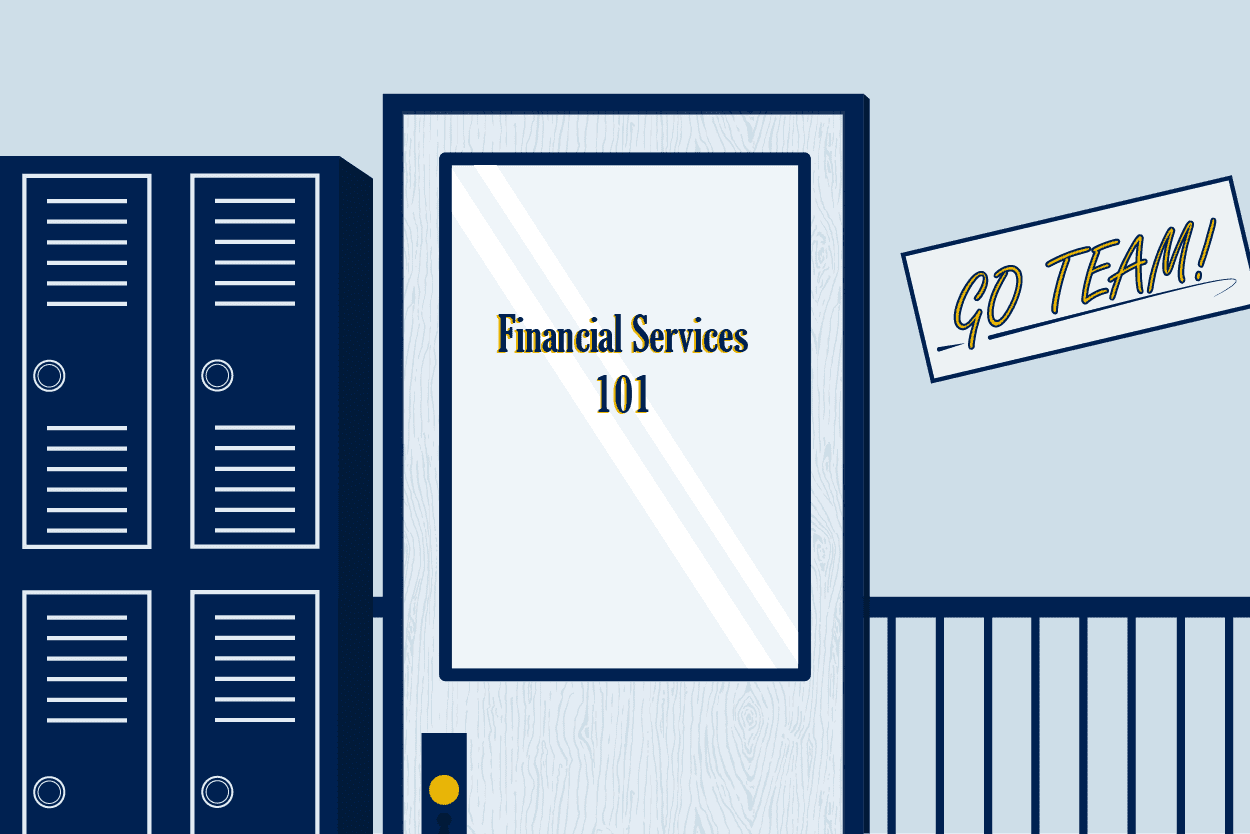What is Reference Data Management?
Reference data management (RDM) is built on ingestion, storage and maintenance of static financial data such as securities terms and conditions, legal entity identifiers (LEIs), maturity dates and customer data. That’s its first layer, the foundation for functions like managing data classifications and hierarchies throughout lines of business and systems. RDM includes data analysis, tracking changes and distribution as well. These sorting operations are necessary to accomplish tasks like linking data to other relevant types of data. Linking makes it possible to classify data and put data in hierarchies. The end goal for good reference data is having data come from a single source that is accurate, complete and available.
Why is it important?
Reference data management is important because it ensures smooth trades, transactions, analysis and reporting Not only that, reference data management is a key part of master data management (MDM), getting a single view of all data in a firm. An RDM system handles governance, process, security and audit control of reference data. These systems manage mapping of reference data and data domains throughout a firm. Good RDM yields accurate, complete available static data to support trading and investment operations. Without it, a firm’s trading and investment would be based on inaccurate business intelligence reports, and be conducted on systems that have not been successfully integrated. Substandard reference data that isn’t correctly managed adds time, cost and more work to solve data gaps and exceptions.
What is reference data management in investment banking?
These are characteristics of how reference data management is done in investment banking:
- Targeting of completeness and accuracy in a trading desk’s position book, correcting incorrect, unclear or missing information
- Using reference data for insights about instruments or assets
- Identifying risks in potential trades and investments
- Optimizing the costs of trades
- Allocating resources and automating trades based on reference data for assets to be traded
What is the difference between enterprise data management and reference data management?
As previously mentioned, reference data management is an important part of MDM. MDM is very similar to enterprise data management (EDM), except that it is a single view of data in one file or record. That said, the difference between EDM and RDM is the scope of the data handled. EDM includes dynamic, changing data like prices, positions, performance data. RDM is only static, unchanging data. Because of this key difference in the nature of EDM and RDM, their rules and workflows are different as well.
What should I look for?
What you’ll need is a solution that provides you with robust coverage of the data types, attributes and definitions, which can be achieved with an industry standard data model. You’ll also need integration capabilities with down and upstream systems, both internal (such as a data warehouse) and external (such as data vendors). Finally, the solution will need to be accessible to non-IT personnel, with the ability to easily construct meaningful, actionable extracts of the data and UI workflow screens.
What are some reference data management best practices?
- Use clearly understood file naming and cataloging standards
- Compile metadata about reference data
- Manage data storage responsibly and appropriately
- Document the reference data
- Meet data quality standards
- Keep reference data up to date, including management of versions of data
- Make use of third-party reference data sources like ISO and Swift
Establish a good data governance function
Where can I buy a solution?
GoldenSource offers RDM within its Enterprise Data Management solution in the form of security mastering, product mastering, and customer mastering. Please click any of the links to learn more.

